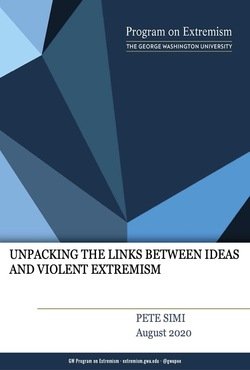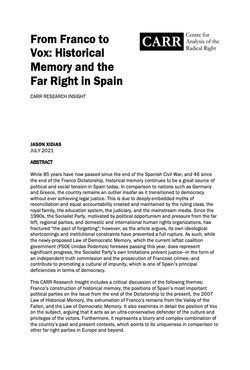By Frantz Fanon. Translated by Lamb Marksman. “.. it is Fanon the man, rather than the medical specialist or intellectual, who makes this book so hard to put down. His ideas and feelings fairly pour out...he became a fighter ancfa voice for the oppressed, whom he also had the courage to warn: no religious or mystical attitude, no psychological ‘defense’ will enable the Negro to feel ‘secure’ or ‘himself’ until he is no longer the white man’s social and economic prey . . .”- Robert Coles, The New York Times Book Review
NY. Grove Press. 1967. 237p.













